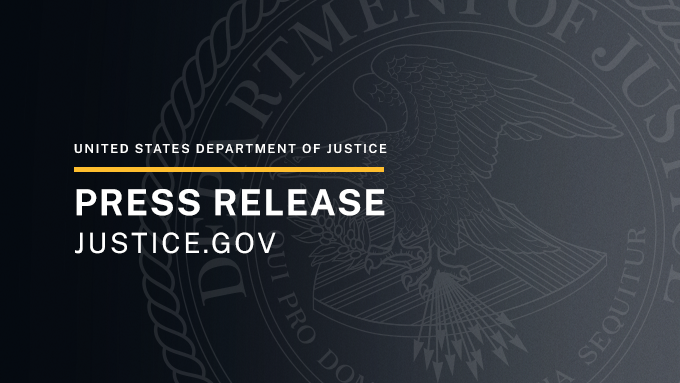At a time when the opioid crisis continues to wreak havoc on communities across the U.S., federal agents are taking bold and sweeping action.
Since President Biden’s second inauguration in January 2025, the Drug Enforcement Administration (DEA) has stepped up efforts in a big way—removing millions of dangerous doses of fentanyl and other illicit drugs from the streets.
This week, Attorney General Pamela Bondi praised those efforts and warned Americans about the ever-present dangers of counterfeit pills and synthetic narcotics.
“Our DEA agents are doing historic work,” she said.
“Fentanyl is extremely deadly—just one pill can be fatal.”
A Historic Haul in Just Six Months
The numbers speak volumes. Since January 20, the DEA has:
-
Seized 44 million fentanyl pills
-
Confiscated 4,500 pounds of fentanyl powder
-
Removed nearly 65,000 pounds of methamphetamine
-
Taken over 201,500 pounds of cocaine
-
Made more than 2,100 fentanyl-related arrests
These aren’t just statistics—they represent lives potentially saved from overdose, addiction, and violent drug trafficking networks.
DEA Targets Cartels and Drug Networks with Relentless Force
DEA Acting Administrator Robert Murphy emphasized that the agency is making a direct impact.
“We’re hitting cartels where it hurts,” he said, “with arrests, seizures, and constant pressure.
From meth labs in California to counterfeit fentanyl pills disguised as legitimate medicine—our teams are shutting them down every single day.”
Murphy made it clear: the mission isn’t slowing down.
“We’re dismantling these criminal networks piece by piece, and we won’t stop until they’re gone.”
Major Busts from Coast to Coast
DEA teams have been working alongside state and local law enforcement to carry out targeted raids, busts, and seizures all over the country.
Here’s a look at some of their recent wins:
South Carolina
In Lexington County, DEA agents seized 156 pounds of fentanyl, 44 pounds of meth, a firearm, and arrested one trafficker—enough fentanyl to potentially kill millions.
Georgia
In Gainesville, agents discovered 705 pounds of meth hidden in a shipment of cucumbers.
Two traffickers were arrested at the scene.
Minnesota
In Minneapolis, a combined team seized 889 pounds of meth and a handgun.
Three traffickers were taken into custody.
California
In Kern County, authorities shut down a major meth lab—confiscating 240 pounds of crystal meth, 151 gallons of liquid meth, and arresting five suspects.
Also in Fresno, 24 pounds of carfentanil—an even deadlier cousin of fentanyl—was found disguised as prescription pills.
Officials say it’s the largest single seizure of carfentanil ever in Northern California.
Texas
-
In Galveston, DEA and CBP found 1,700 pounds of meth hidden in a vehicle, estimated at over $15 million in street value.
-
In Austin, another bust uncovered 783 pounds of meth inside a refrigerated truck filled with blueberries.
-
In El Paso, officers seized 115 pounds of meth from a vehicle equipped with a GPS tracking device.
Multi-State Takedown
In a sweeping operation spanning Indiana, Kentucky, and Arizona, law enforcement seized:
-
74 pounds of meth
-
11 pounds of fentanyl
-
11 pounds of cocaine
-
59 illegal firearms
-
Cash and other criminal assets
A total of 23 arrests were made, many involving violent felons.
Florida
In Miami, the DEA teamed up with the FBI to seize over $10 million in cryptocurrency, directly tied to the Sinaloa cartel—one of the world’s most dangerous drug syndicates.
Nebraska
In Omaha, a poly-drug trafficking operation was brought down.
Agents seized AR-style pistols, machine gun conversion devices, and fentanyl pills, dismantling a multi-state drug ring.
The Fight Against Drugs Is Far From Over
These operations show just how wide-reaching and persistent drug networks have become—but they also highlight what focused law enforcement action can achieve.
While the work is dangerous and relentless, federal agents are sending a clear message to drug traffickers: you will be found, and you will be stopped.
As Bondi reminded the public, it only takes one fake pill to end a life.
And that’s why the DEA isn’t letting up anytime soon.



